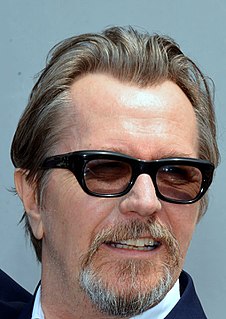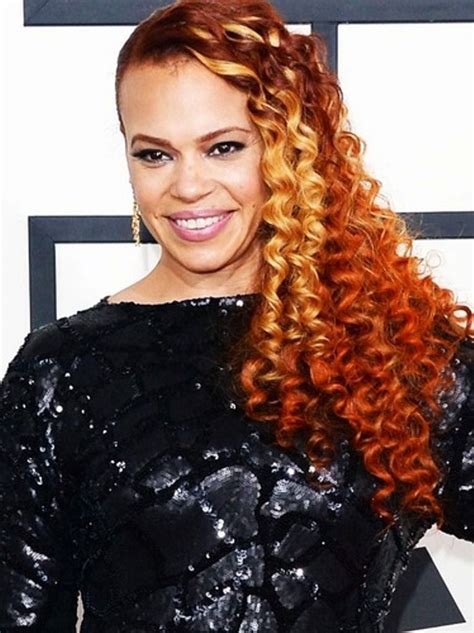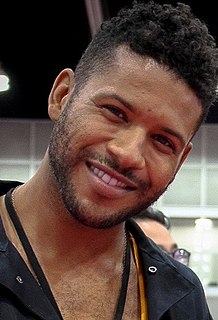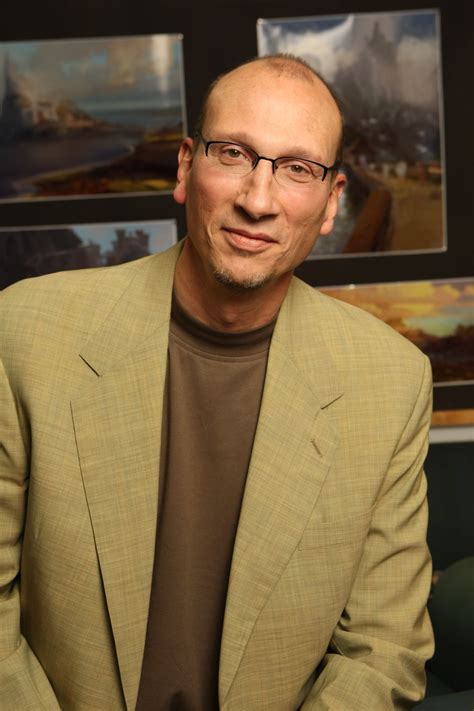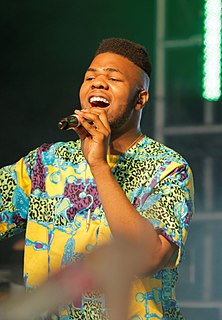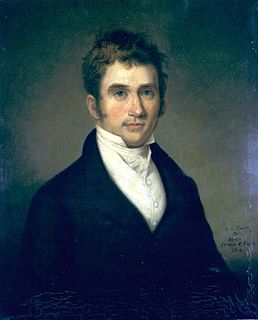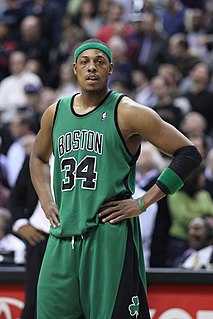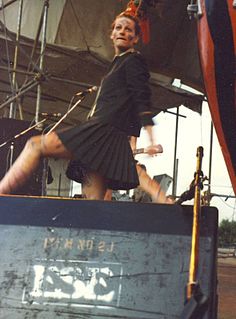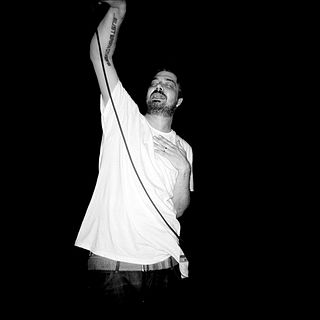A Quote by Tyga
I would say I'm a fan of late '90s to early 2000s rap. That's where I get all my inspiration from.
Related Quotes
We all grew up in that era. I'm a little younger than these guys [Will Forte and John Solomon], but I would say all of us are huge fans of the original "MacGyver" series, and obviously we found that inspiration for the original pitch for MacGruber. We took his name and made it stupid. In terms of the inspiration for the movie, that really came from our love for late '80s/early '90s action movies - the whole "Lethal Weapon" series and "Rambo" and "Die Hard," every single [Arnold] Schwarzenegger and [Sylvester] Stallone film.
I think 'Girlfriend' in particular is definitely one of the songs that is angled towards early 2000s, late '90s, R&B pop and those kinds of songs that were prevalent in that time. I don't think I was conscious of those songs in particular, but I'd say I definitely wanted a song that had that kind of vibe era wise in tone and all the writing.
The hip-hop that I really connected with was Public Enemy, KRS-One, Ice Cube, and N.W.A. That late '80s and early '90s era. The beginning of gangster rap and the beginning of politically conscious rap. I had a very immature, adolescent feeling of, "Wow, I can really connect with these people through the stories they're telling in this music."
We were born ahead of our time. Don't forget that the riot-grrl scene had a lot to do with making The Slits a legend, and that didn't happen until the early '90s. We couldn't get together before then, because the legend hadn't been built yet. In the 2000s, we've become bigger than life in that way. It's become really important for The Slits to be here now, but idealistically, we should have done it in the '90s.
I had written rap songs in the early '90s and even did a couple homemade rap songs with my brother in like '88 or '89, but it was just like... I don't even know how to say it. Just plain rap. I was just rapping about whatever, there was no real style or direction, it was just semi-braggadocious rhymes that probably imitated 100 other rappers.



